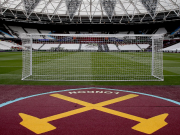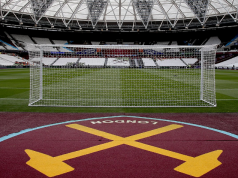When Newcastle United decided to spend €60m on Alexander Isak, everyone knew the club were banking on his potential.
The Sweden international has been hyped from an early young age, and while his time at Borussia Dortmund wasn’t quite what he wanted, he showed more of himself in Spain.
That’s why Newcastle bought, and why Sweden as a footballing nation expect so much of him, as he is widely seen as the next potential great after Zlatan Ibrahimovic, which can also be a problem, as explained by Simon Bank for Aftonbladet.
In an opinion piece, the journalist doesn’t hide how he really feels about the forward, whom he believes can be as good as the former Manchester United striker.
The problem is, everyone knows that, and his supporting cast for his country hinders him from truly showing his ability, which was a problem Zlatan also faced.
Bank says there is no other Swedish player right now who has a ‘whole combination of world conquering qualities’ like Isak.
In fact, the player can ‘become almost anything’, and ‘why not’ end up at Real Madrid in a year?
The problem is he cannot reproduce this with Sweden like he has done at Newcastle towards the back end of last season, because they just are not ‘that kind of team’.
When he plays for them, he ends up isolated, as shown in the games last year against Belgium and Austria in the spring.
The midfield supporting him struggled, and he ended up fighting for long balls, which isn’t his strong point.
There are arguments to be made that Isak could try a little more when this happens, like Zlatan did a couple of times, but it’s certainly ‘impossible to always do it’.
Bank adds the Newcastle player ‘needs to get better at dribbling a ball or two with intelligence or trickery’ and fight more in duels.
However, he might also need a partner, which Viktor Gyokeres can provide, and is a solution Isak himself has said could work for him.
In short, it’s about ‘handling different kinds of matches’ for Isak, and adapting to what happens around him, because, as Bank explains, when ‘he gets what he needs, then he is a world class player’, but when he doesn’t ‘then he has to get better at doing things he’s not the best at’.

























